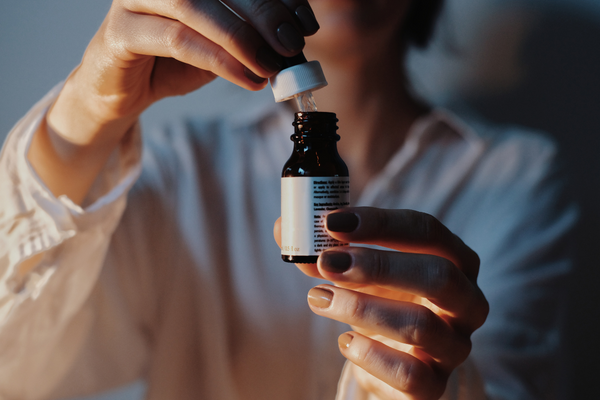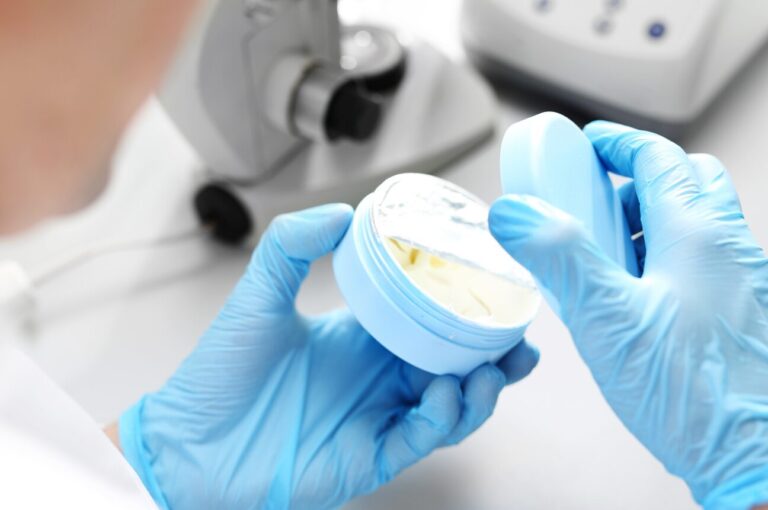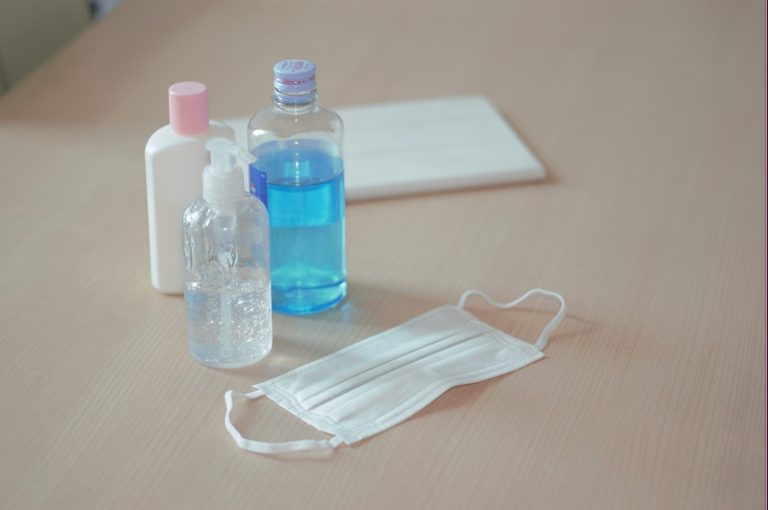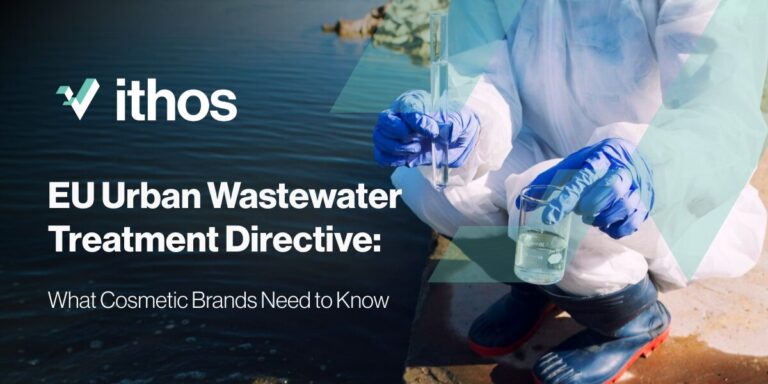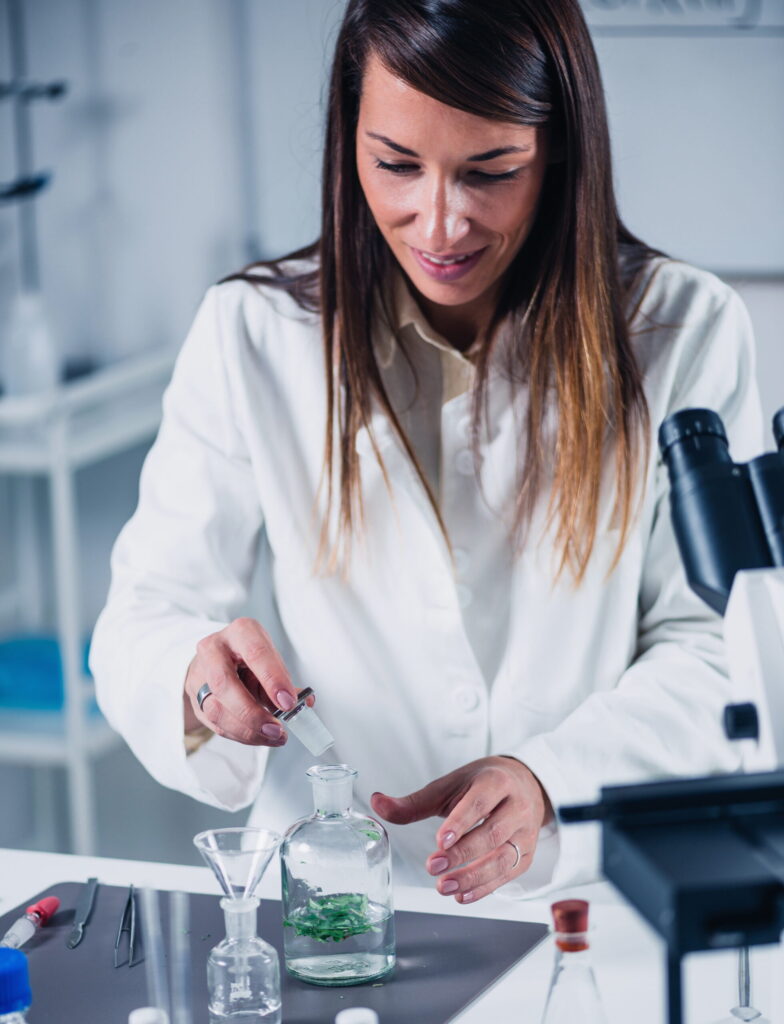
Humans are teeming with bacteria, protozoa, fungi, yeast, and viruses, which are all actors in what is known as the microbiome. Humans consist of over 100 trillion Microbes and they outnumber human cells by approximately 10 to 1. The bacteria in our microbiome help in digesting foods, regulating our immune system, protecting against disease, and producing vitamins.
A topical treatment with a common skin bacterium called Roseomonas Mucosa was shown to reduce atopic dermatitis (AD) severity in a small group of adults and children in an early-phase clinical trial at the National Institutes of Health (NIH). Introducing microbes from healthy volunteers to patients with a variety of diseases and conditions is called microbiome-based research and is an emerging part of personalized medicine.
Now, there has been an interest by cosmetic companies and formulators to utilize it in cosmetics and skin care products. The addition of Microbiomes to cosmetics raises several critical issues:
- Every human microbiome varies, thus the product performance effects will also vary for each individual. Substantiating claims for a product with the potential to have real performance activity and ensuring the claims are within the cosmetic realm would appear to be a significant challenge to avoid being considered a drug.
- Adding microbiomes to a cosmetic product can introduce additional challenges from a development perspective as well. Incorporating additional microbial content to a product that must pass Preservative Effectiveness Testing for safety purposes will have a negative impact on results based on the nature of the product. Performing stability studies under accelerated conditions could potentially ruin the functionality of the product simply by exposing it to elevated temperatures. Accelerated stability is testing typically used by industry to establish the shelf life without having to rely entirely upon real time testing for shorter development timelines.
- Standard quality control testing criteria for batch release of cosmetic products includes checking microbial content limits and this exercise would be yet another hurdle to overcome given the product type properties
These critical issues raise even more related questions as to how a company can develop a product that is safe, stable and effective and remain within the cosmetic arena. Ithos Global will continue to follow this topic and will provide future updates.

